>>
>>
PV: Sir, the provincial-level professional training has just been completed, preparing for a large-scale training session in the districts. How has the statistics sector prepared to ensure that the team of enumerators not only understands the procedures but also masters new data collection technologies?
Mr. Vu Tuan Ha: Immediately after the training conference for core provincial-level personnel and district-level instructors from June 4th to 6th, we directed the District Steering Committee to urgently implement training for team leaders and investigators in the latter half of June. To ensure this force is ready to master new technologies such as electronic forms (Webform) and CAPI software, we identified this as a crucial step and focused on specific solutions.
First, we select personnel based on a "dual criterion": they must have both experience in statistical surveys and be tech-savvy. We particularly prioritize those with proficient mobile device skills. Especially in mountainous areas, recruiting village/hamlet officials from ethnic minority groups who are familiar with the local area and know how to use applications is considered a strategic advantage.
Next, we require that training sessions thoroughly implement a "hands-on" approach, maximizing the time spent practicing on the software and focusing on practical operations rather than abstract theory. Each operator is provided with complete documentation and thoroughly instructed on how to handle common issues such as network connection loss, positioning errors, or data synchronization failures. In particular, a 24/7 online support team via Zalo has been established, ready to answer any questions from operators directly in the field.
PV: The strong application of technology and the connection of multiple data sources are outstanding new features of this General Census. So, what challenges has the statistics sector anticipated, and what are the breakthrough solutions, sir?
Mr. Vu Tuan Ha: This is a "revolution" in methodology, therefore, we have clearly identified three main groups of challenges.
Firstly, regarding technology and infrastructure. Yen Bai's terrain is complex, with many remote areas experiencing unstable internet signals. Furthermore, not all telecommunications operators have mobile devices powerful enough to be compatible with the new software.
Secondly, in terms of human capabilities, the digital skills requirements for investigators are much higher than before.
Thirdly, regarding data quality, there is always a potential risk of errors due to dishonest declarations by citizens or concerns about the leakage of personal information.
Furthermore, cross-referencing survey data with existing administrative data is also a complex task due to a lack of synchronization. Another difficulty is that the survey coincided with the merger of several administrative units, which could affect the management of the project. To overcome these obstacles, we have outlined a comprehensive action plan.
Regarding personnel, immediately after the merger, the Steering Committees at all levels will be urgently reorganized. Regarding equipment, we have a plan to support the rental or borrowing of equipment for the investigators. In terms of expertise, we not only train them in software skills but also equip them with communication and explanation skills, helping people understand the purpose, meaning, and confidentiality of the information so that they trust and cooperate. Public awareness campaigns will also be intensified across multiple channels, from television and newspapers to social media, banners, and community meetings.
Most importantly, we have established a rigorous data reconciliation and cleaning process between investigation results and administrative data, ensuring that any discrepancies are detected and verified at the source.
PV: So, how will inspection and supervision be strengthened to ensure progress and quality, especially when data is managed online in real time, sir?
Mr. Vu Tuan Ha: To ensure the progress and quality of the survey in the province, the Provincial Statistics Office will conduct direct and online supervision throughout the survey process in the province from June 15th to July 30th. To ensure the progress and quality of the survey in the province, the Statistics Office will conduct direct and online supervision throughout the information collection process from July 1st to July 30th.
Regarding direct supervision, based on the online monitoring management system, we will send inspection and supervision teams to areas and investigators with slow progress or numerous errors to verify information on-site and provide operational support to investigators. Regarding online supervision, we require supervisors to closely monitor the completion progress of each area and each investigator; regularly check the logic to detect anomalies in data and notify investigators to verify and correct errors immediately on-site.
In addition, a provincial rapid response task force has been established, ready to mobilize and support local authorities in handling incidents, ensuring that the investigation proceeds smoothly, on schedule, and with the quality required by the central government.
PV: Finally, as the head of the provincial statistics department, what specific changes do you expect the valuable data from this General Census to bring about in the future for agriculture , rural areas, and people's lives?
Mr. Vu Tuan Ha: The results of this General Census are not just numbers on paper. We expect and believe that this will be a living data source, a solid scientific basis for provincial leaders to formulate breakthrough policies that bring about real change. Specifically, this will help reshape sustainable agriculture, identify key crops and livestock for each region, and ensure targeted and effective investment.
This involves developing vocational training programs and supporting startups that align with labor migration trends, helping people increase their income. The data will also identify infrastructure gaps such as roads, electricity, water, healthcare, and education, allowing the province to prioritize investment resources and improve the quality of life for its residents. Furthermore, we expect this to be the key to unlocking new economic avenues such as circular agriculture and rural tourism, transforming potential into tangible economic value.
Interviewer: Thank you very much!
Van Thong (performed)
Source: https://baoyenbai.com.vn/12/351846/Chia-khoa-mo-nhung-huong-di-kinh-te-moi.aspx










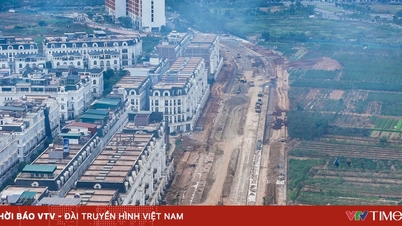

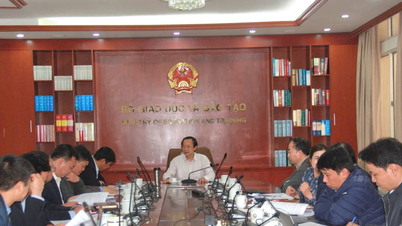

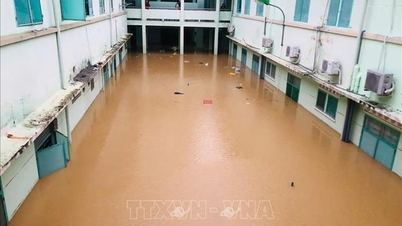

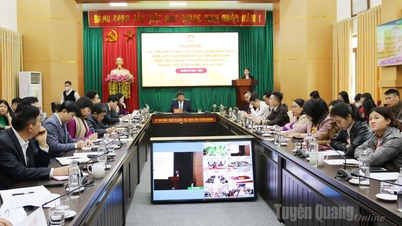

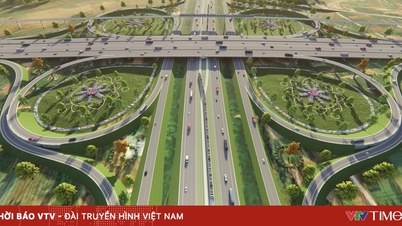
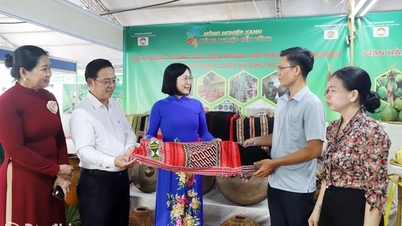

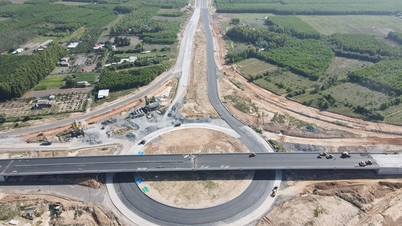
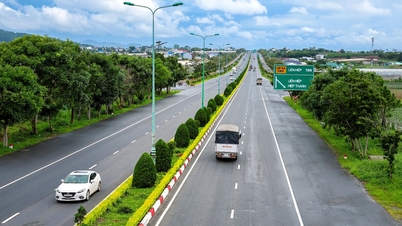




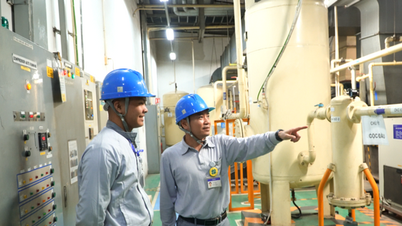





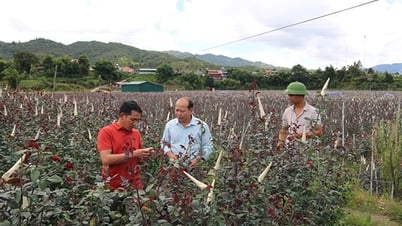
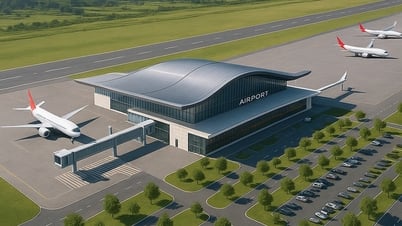
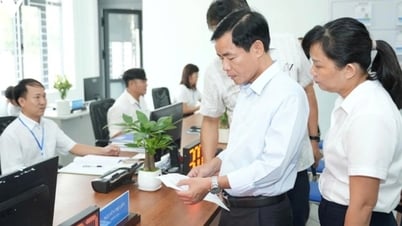
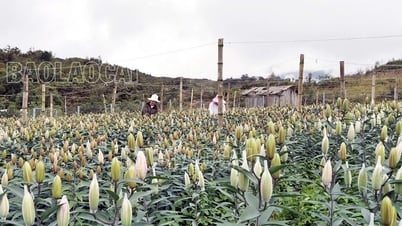
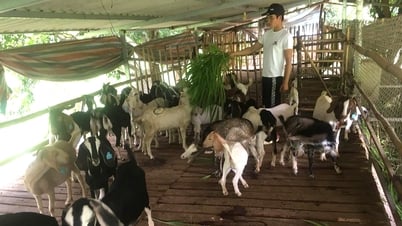
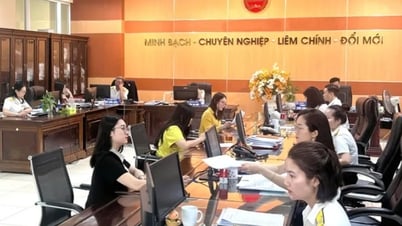





![[Video] The craft of making Dong Ho folk paintings has been inscribed by UNESCO on the List of Crafts in Need of Urgent Safeguarding.](https://vphoto.vietnam.vn/thumb/402x226/vietnam/resource/IMAGE/2025/12/10/1765350246533_tranh-dong-ho-734-jpg.webp)



































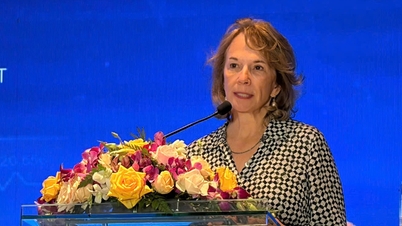


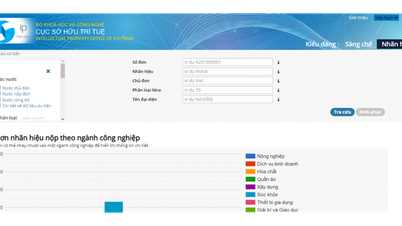
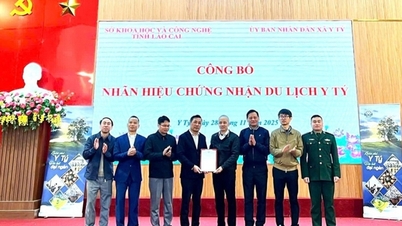
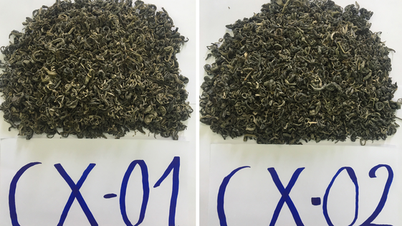

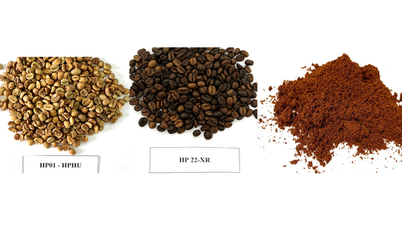
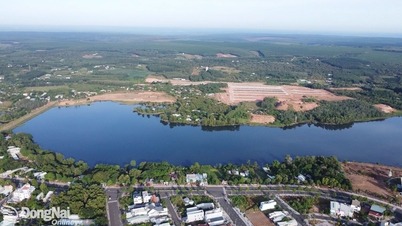
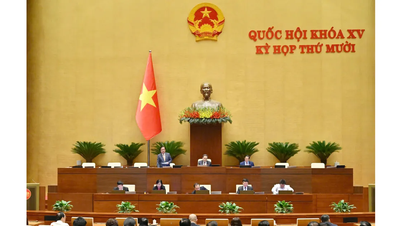

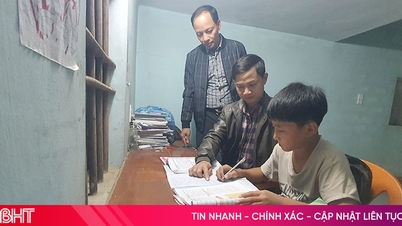



















Comment (0)